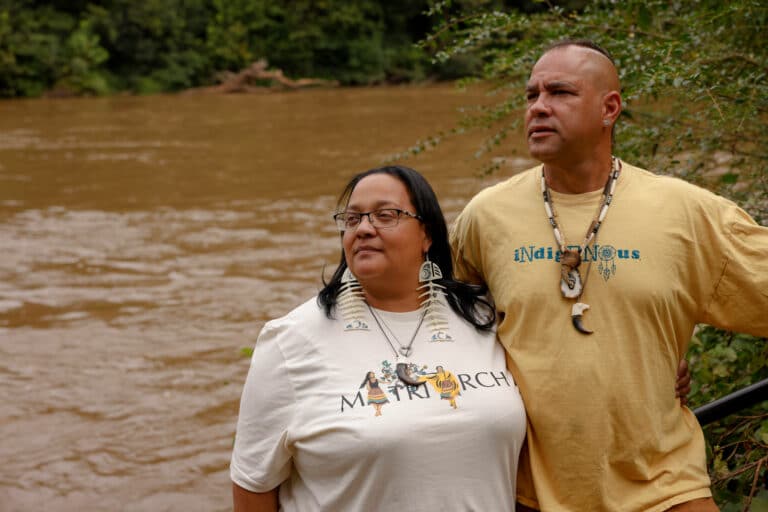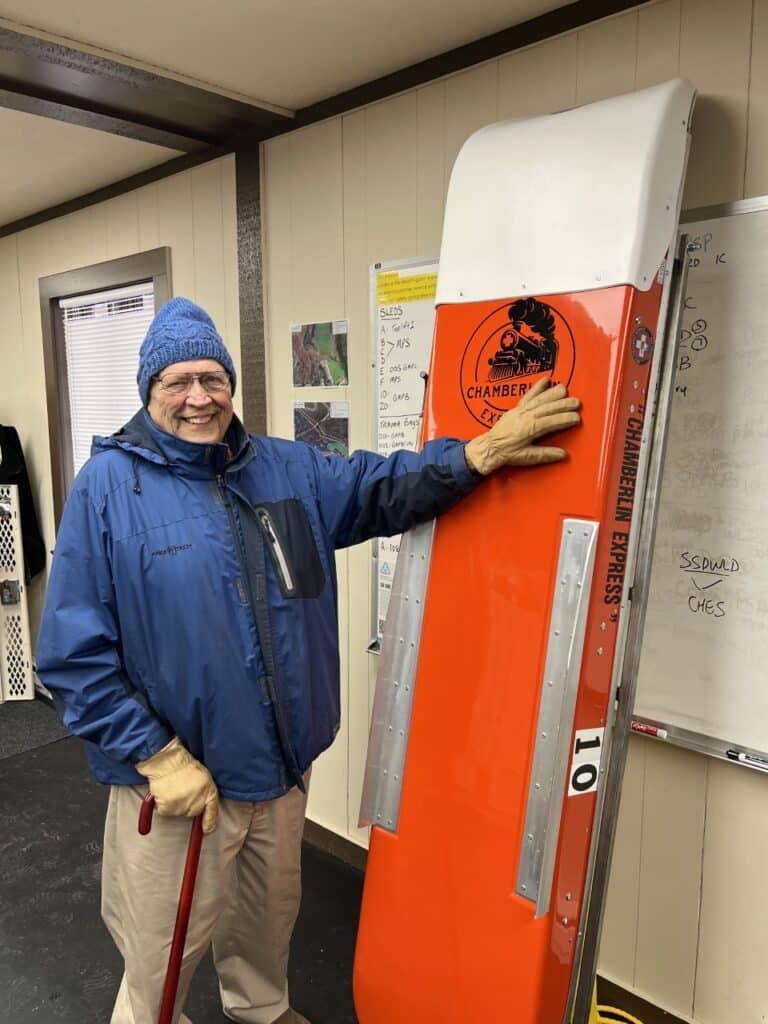Study finds that oil leaking into the Gulf of Mexico is much higher than the well owner claims
A new study that took a look at the oil leaking from a platform that toppled off of the coast of Louisiana 14 years ago has found the amount of oil seeping into the Gulf of Mexico is much higher than the well-owner claims.
In 2004 Hurricane Ivan caused the oil platform, owned by Taylor Energy Co., to fall, breaking a number of well-pipes. The company capped nine of the wells but said it could not cap all 16. Taylor Energy has argued that the uncapped wells are leaking just 2.4 to 4 gallons of oil per day. The authors of the study, which was paid for by the federal Bureau of Safety and Environmental Enforcement, say that the total amount of oil released each day could be closer to 4,500 gallons. The study was done using sonar and a newly developed tool that measures oil and gas bubbles as they rise through the water.
Wolf pups successfully introduced into the wild in Arizona and New Mexico
Surrogate wild wolves are raising twelve Mexican wolf pups after they were successfully introduced into existing wolf litters in Arizona and New Mexico. Scientists from the Mexican Wolf Species Survival Plan and Interagency Field Team placed the wolves in their new dens. Six of the wolf pups came from the Endangered Wolf Center in Missouri, three from the Mesker Park Zoo in Indiana, two from the Sedgwick County Zoo in Kansas, and one from the Wolf Conservation Center in New York. Cross-fostering is a way to successfully introduce pups into the litters of wild females and has the highest survival rates of wolf release methods.
Wildlife officials on the French island of Corsica have discovered a new species of feline
Good news for all you cat lovers out there—there’s now one more feline species for you to enjoy. Wildlife officials on the French island of Corsica have identified 16 golden striped cats on a remote area of the island. The cats are described as larger than the average housecat with large, ringed tails and “highly developed” canine teeth. Locally the cats are being referred to as “fox-cats” because of their appearance. Scientists believe that the cats are a newly discovered species that may have originated thousands of years back in Africa or the Middle East. While the DNA of the cats is close to that of an African forest cat, their exact identity is still unknown.








